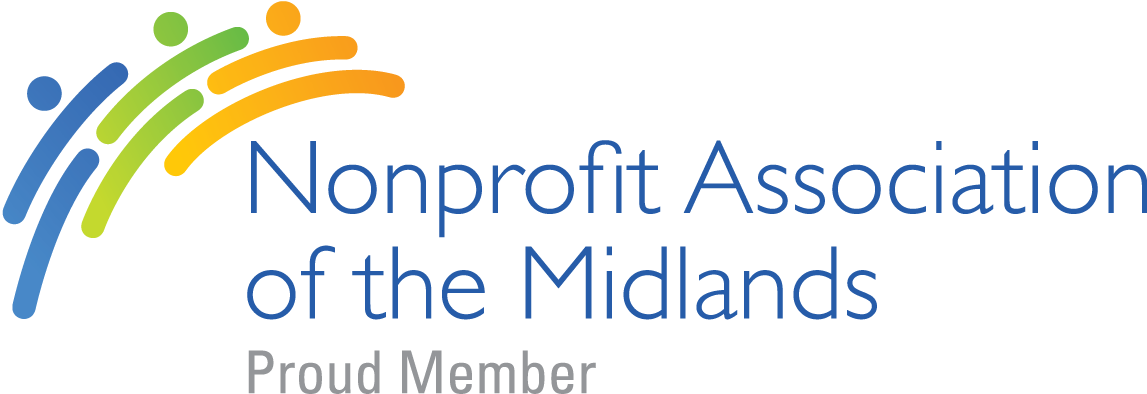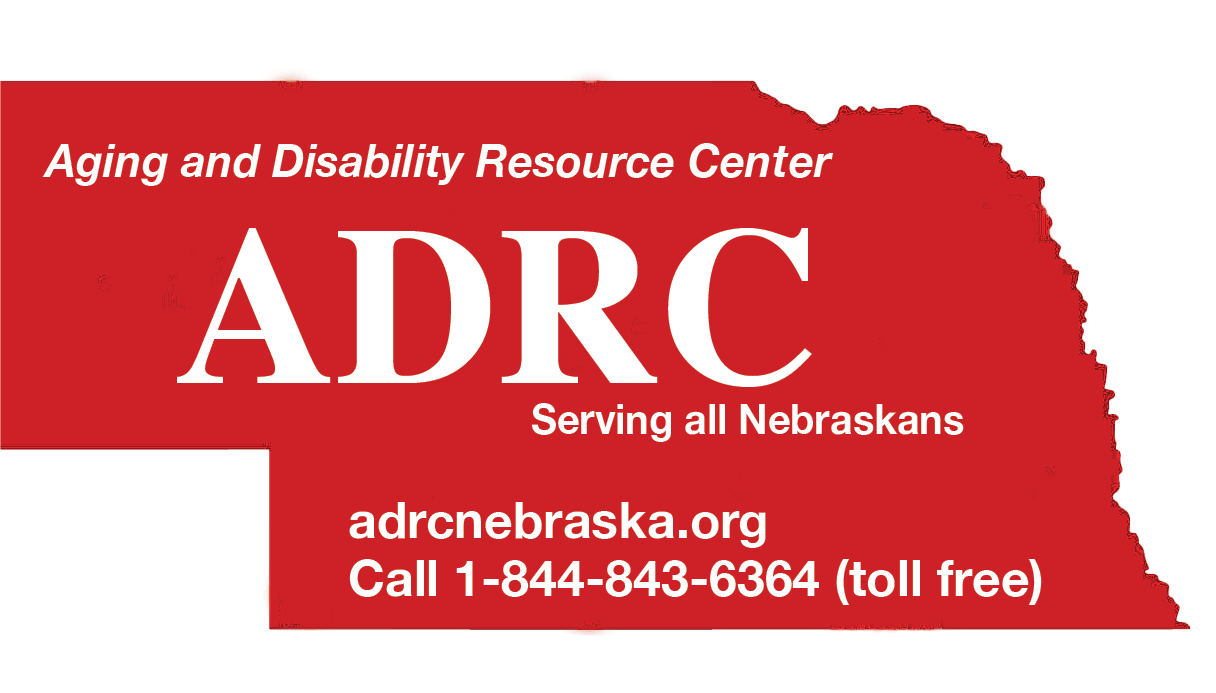Defining Behavioral Health
The American Medical Association defines behavioral health as “generally referring to mental health and substance use disorders, life stressors and crises, and stress-related physical symptoms. Behavioral health care refers to the prevention, diagnosis, and treatment of those conditions.”
How Brain Injury and Behavioral Health are Connected
According to hospital discharge data, 13,850 Nebraskans are hospitalized for brain injuries each year. This does not include individuals who are diagnosed with brain injury in medical offices, emergent care clinics, the VA, or being monitored by athletic trainers. It also does not include the many undiagnosed concussions and other forms of “mild” traumatic brain injuries that occur at large.
Brain injuries can often come with or are affected by co-occurring factors. One of the frequently misunderstood/misinterpreted factors is behavioral health/behavioral issues. Our brains play a large role in determining our behaviors and actions, so when a brain injury occurs, it can affect how a person behaves. However, these behavior changes are often attributed to stubbornness or attitude problems due to a lack of awareness about brain injury and its effects.
This can result in individuals being labeled as problematic or difficult, making it more challenging for them to receive proper support and resources for their needs/issues. Also, differences in function related to brain injuries can impact the ability to engage in traditional behavioral health treatment.
High-Risk Populations
While a brain injury can happen to anyone, there are factors that increase the risk of a person experiencing a brain injury and connected behavioral health challenges. These factors include:
- Experiencing Homelessness
- Suffering Domestic or Intimate Partner Violence
- Being engaged with the Criminal Justice System
- Being Discharged from Military Service (Veterans)
- Having Adverse Childhood Experiences
- Living in Poverty
Brain Injury Screening
When a brain injury is not identified and symptoms last for a long time, symptoms may be mistaken for other health or behavioral conditions. A brain injury can sometimes affect the ability to think, solve problems, or control one’s behavior.
Screening for brain injury helps:
- Connect people to needed services and supports
- Adapt treatment and care plans to be more effective
- Helps providers understand and treat the whole person
- Increases the likelihood someone will stay engaged in care
In the process of screening, it is important to keep in mind that a positive screen is not a medical diagnosis. It simply indicates a potential history of brain injury. Think of screening as a conversation starter for introducing the topic and the possibility of brain injury.
Want to learn more about brain injury and how your organization can implement a brain injury screening process? Fill out our Community Education Request form! Our Resource Facilitation team will be happy to work with you and your organization.
Additional Resources
Our Associations & Memberships
-
 Nonprofit Association of the Midlands
Nonprofit Association of the Midlands -
 NAM Best Practices Partner
NAM Best Practices Partner




